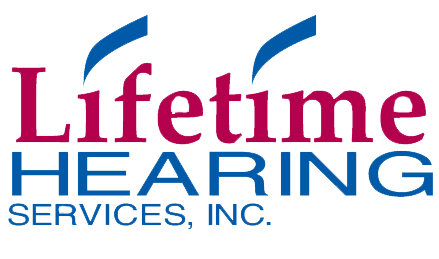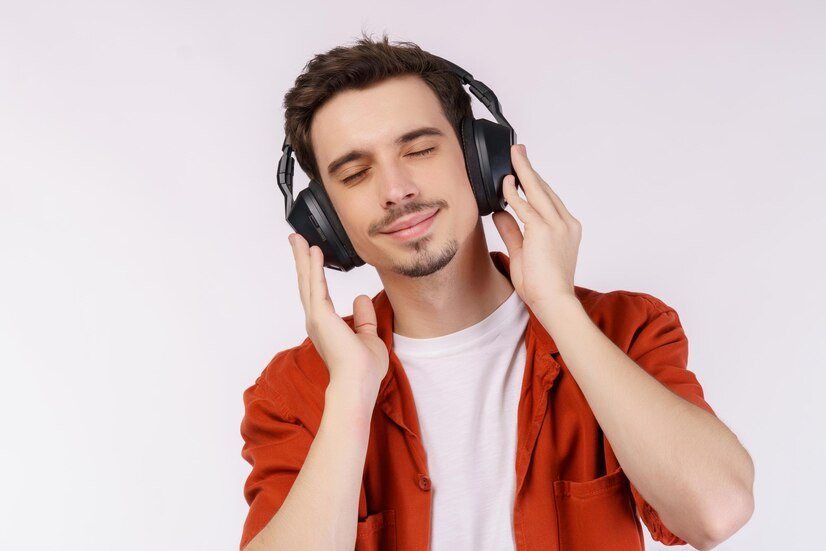Unlocking the Melodies: Preserving Your Auditory Health Amid Musical Revelries
Florence, United States - May 14, 2024 / Lifetime Hearing Services, Inc /
For those of us who can’t imagine a day without tunes, music is more than just background noise; it’s a way of life. However, our passion for music can sometimes lead to overlooking the health of our ears. This article is dedicated to teaching music lovers how to enjoy their favorite beats while taking care of their hearing health.
Understanding the Risk: How Loud is Too Loud?
The foundation of protecting your hearing starts with understanding what “too loud” really means. Sound is measured in decibels (dB), and prolonged exposure to anything over 85 dB can cause hearing damage over time. For context, a typical concert can range from 100 to 120 dB!
Early Signs of Hearing Loss
It’s crucial to recognize the early signs of hearing damage:
- Ringing or buzzing in the ears after exposure to loud sounds.
- Muffled hearing, which might feel like you’re wearing earplugs.
- Difficulty understanding speech, especially in noisy environments.
Choosing the Right Equipment: Headphones and Earplugs
Investing in high-quality headphones can make a significant difference. Look for headphones that offer noise cancellation so you can enjoy music at lower volumes without external noise interference.
Additionally, consider earplugs for concerts. Today’s earplugs are not only discreet but also designed to filter out harmful frequencies while maintaining the clarity of the music.
Safe Listening Practices at Home and Concerts
At home, keep your volume under 60% of the maximum and take regular breaks—aim for 10 minutes every hour. At concerts, stand at least 10 to 15 feet away from speakers to minimize direct exposure to high decibels.
The Role of Volume-Limiting Apps
Several smartphone apps can help you monitor and control your listening habits by setting volume limits and alerting you when you exceed safe listening durations.
Regular Hearing Check-ups
Just like visiting the dentist, regular hearing assessments are vital, especially if you’re frequently exposed to loud environments. Early detection of any changes in hearing can help in taking appropriate measures sooner.
The Psychological Impact of Music on Hearing
It’s not just about the physical impact; loud music can also psychologically compel us to keep increasing the volume. Being mindful of this tendency is crucial in maintaining safe listening levels.
Balancing Duration and Volume
Remember, it’s not just the volume that can cause damage; the duration of exposure is equally important. Balancing both aspects is key to safe listening.
Hearing Protection for Musicians
Musicians, in particular, should consider custom-made earplugs which are designed to handle varied sound levels while preserving sound quality.
Incorporating Technology: Sound-Level Meter Apps
Using apps that measure real-time noise levels can help you stay aware of your environment’s sound levels, whether at a gig or personal practice sessions.
The Impact of Music Genre on Hearing Risks
Different genres can have different risk levels based on their typical volume and bass levels. Awareness of these differences can aid in better hearing protection strategies.
Conclusion
Loving music doesn’t mean sacrificing your hearing. By understanding the risks, using the right equipment, and practicing safe listening habits, you can protect your ears while still enjoying every beat of your favorite songs. Remember, once hearing is damaged, it often can’t be restored, so taking preventive measures is crucial.
FAQs
- What is the safest type of headphones for hearing? Noise-canceling headphones are recommended because they allow you to listen at lower volumes.
- How often should I have my hearing tested? It’s advised to have a hearing test at least once every two years, or more frequently if you are often exposed to loud environments.
- Can earplugs help at concerts? Yes, modern earplugs can significantly reduce noise levels while preserving sound quality, making them ideal for concert-goers.
- Are there specific signs that indicate I should see a hearing specialist? Yes, if you experience persistent ringing, muffled hearing, or difficulty understanding speech, you should consult a specialist.
- Does the genre of music affect hearing loss risks? Yes, genres that typically feature higher volume and more bass can pose a greater risk to hearing health.

Contact Information:
Lifetime Hearing Services, Inc
522 W Palmetto St
Florence, SC 29501
United States
Lesley Kirby
(843) 662-4327
https://www.lifetimehearingservices.com/
Original Source: https://lifetimehearingservices.com/media-room/#/media-room

